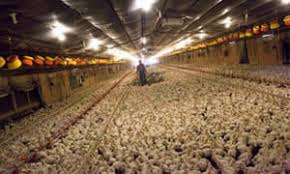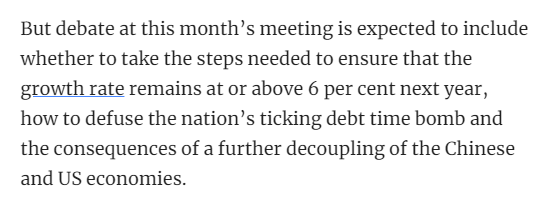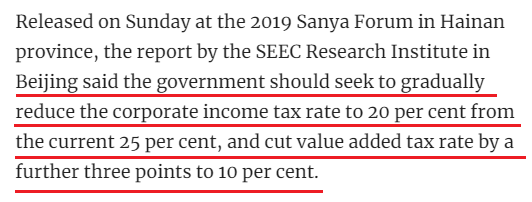outbreak, China's push to feed itself, urbanization, globalisation, and the role of trust in society.
The article is at the link. Here's the thread version:
bloomberg.com/amp/opinion/ar…
That's a big deal because there's three times more farm animals than people:
The world has ~7.7 billion 👩🏾
1 billion 🐄
1 billion 🐷
1 billion 🐑
20 billion 🐓 !
As the transmissable population goes up, the number of opportunities to develop virulent new mutations goes up too.
But that's the thing. We really are dependent on the quality of regulation to keep a lid on disease risks.
I suspect it's too early to draw firm conclusions about the effectiveness of this, though: bloomberg.com/news/articles/…
When foot-and-mouth disease broke out in the UK in 2001, farmers already *hated* the Labour government and there was a lot of concern about flouting of cull and quarantine regulations.
If trust and incentives aren't properly aligned you have the SARS situation.
Read the piece here: bloomberg.com/opinion/articl…















